Certified Space Cyber Policy Analyst (CSCPA™)
Learn about CSCPA program
- Length: 2 days
- Instructor led
- Online, onsite and Live online
The Certified Space Cyber Policy Analyst (CSCPA™) certification is designed for professionals involved in crafting and overseeing cyber policies and strategies in the space sector. This certification addresses the unique challenges of cybersecurity in space operations, including satellite communication, space mission control, and data transmission security.
Objectives:
- To understand the cyber threats and vulnerabilities specific to space operations.
- To develop expertise in creating robust cyber policies and strategies for space systems.
- To ensure effective coordination and oversight of cybersecurity initiatives in the space sector.
- To align space cyber policies with broader national and international security objectives.
Target Audience:
- Cybersecurity professionals specializing in space systems and operations.
- Policymakers and analysts involved in national security, space policy, and cyber defense.
- Professionals in aerospace companies responsible for cyber risk management.
- Academics and researchers focused on space cybersecurity and policy.
Course Outlines:
Module 1: Introduction to Space Cyber Policy Analysis
- Overview of Space Cyber Policy
- Importance of Cybersecurity in Space Operations
- Historical Context of Space Cyber Policy
- Key Stakeholders in Space Cyber Policy
- Current Challenges and Threats
- Emerging Trends in Space Cyber Policy
Module 2: Legal and Regulatory Frameworks in Space Cyber Policy
- International Treaties and Agreements
- National Legislation and Regulations
- Compliance and Enforcement Mechanisms
- Jurisdictional Issues in Space Cyber Policy
- Interagency Collaboration and Coordination
- Emerging Legal Challenges in Space Cyber Policy
Module 3: Risk Assessment and Management in Space Cyber Policy
- Threat Landscape Analysis
- Vulnerability Assessment Methodologies
- Risk Identification and Prioritization
- Mitigation Strategies and Best Practices
- Incident Response and Recovery Planning
- Continuous Monitoring and Adaptation
Module 4: Technology and Innovation in Space Cyber Policy
- Space Systems Architecture and Design Considerations
- Secure Communication Protocols and Encryption Methods
- Authentication and Access Control Mechanisms
- Cyber Hygiene and Best Practices for Space Operations
- Emerging Technologies in Space Cybersecurity
- Ethical and Privacy Implications of Space Cyber Policy
Module 5: Governance and Diplomacy in Space Cyber Policy
- Multilateral Cooperation and Diplomatic Initiatives
- Bilateral and Regional Agreements
- Space Situational Awareness and Information Sharing
- Diplomatic Engagement in Crisis Management
- Norms and Guidelines for Responsible Behavior in Space
- Public-Private Partnerships in Space Cyber Policy
Module 6: Future Trends and Challenges in Space Cyber Policy
- Space Militarization and Arms Control
- AI and Machine Learning in Space Cybersecurity
- Quantum Cryptography and Post-Quantum Security
- Space Debris and Environmental Sustainability
- Policy Implications of Space Colonization and Exploration
- Ethics and Governance in Emerging Space Cyber Technologies
Exam Domains:
Space Policy Fundamentals
- Understanding of international treaties and agreements related to space.
- Knowledge of regulatory frameworks governing space activities.
- Familiarity with historical milestones in space policy development.
Cybersecurity in Space Operations
- Understanding of cybersecurity threats and vulnerabilities specific to space systems.
- Knowledge of best practices for securing satellite networks and space assets.
- Awareness of emerging trends and challenges in space cybersecurity.
Risk Assessment and Management
- Ability to conduct risk assessments for space cyber operations.
- Understanding of risk mitigation strategies and contingency planning.
- Knowledge of regulatory compliance requirements related to risk management in space.
Policy Analysis and Development
- Skills in analyzing and evaluating space cyber policies.
- Ability to develop policy recommendations to address emerging threats and challenges.
- Understanding of the policymaking process at national and international levels.
Question Types:
Multiple Choice:
- Assessing knowledge of factual information, definitions, and basic concepts in space policy and cybersecurity.
Scenario-Based Questions:
- Presenting real-world scenarios related to space cyber policy issues and asking candidates to analyze, evaluate, and recommend appropriate actions.
Short Answer/Explanatory:
- Testing deeper understanding by requiring candidates to explain concepts, processes, or principles related to space cyber policy.
Policy Analysis Essay:
- Requiring candidates to critically analyze a given space cyber policy document or scenario and develop a comprehensive policy analysis essay with recommendations.
Passing Criteria:
- Minimum Passing Score: 70%
- Each Domain Weight: Equally weighted (25% each)
- No Negative Marking: Candidates are not penalized for incorrect answers.
- Comprehensive Understanding Required: Candidates must demonstrate a comprehensive understanding of all exam domains to pass.
This structure aims to ensure that Certified Space Cyber Policy Analysts have a well-rounded understanding of space policy, cybersecurity principles, risk management, and policy analysis skills necessary to address the evolving challenges in the space domain.
Need help? Contact us
